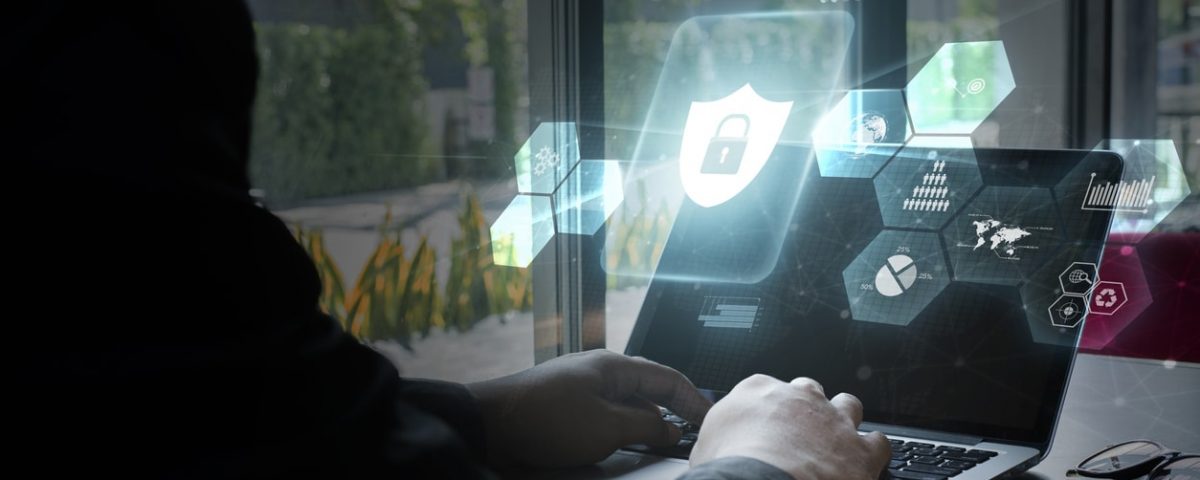Cyber Vulnerabilities in the Education System

Local Governments, Police Stations, and Hospitals Are Not Immune to Ransomware Attacks
November 4, 2019
Failure to Educate: When Schools Can Be Sued for Malpractice
November 18, 2019Cyber Vulnerabilities in the Education System
School security has seen a major reformation in the last decade with more emphasis around campus safety. From camera systems, stricter hall monitoring, on-campus police to more thorough background checks for staff and teachers, security at a higher level is sadly needed in our public school systems.
But another way in which security is needed in public education surrounds cybersecurity problems as schools are increasingly becoming the target of major cyberattacks. Cutting internet connections and infiltrating networks are just a couple of ways in which cyber hackers are taking advantage of school systems in the United States. Every school has an exposure to cyber liabilities and risks, shining a light on the new way that students, teachers, parents, and communities can be attacked.
Schools handle a large amount of personally identifiable information as well as financial information that can easily be taken and used, or at least held for ransom, by hackers. These attacks are evident from recent attacks on school systems in Sag Harbor, Northern Nevada, and Louisiana.
Schools present somewhat of an easy target for cyber attackers as they are especially vulnerable due to working with limited budgets that don’t prioritize the need for cybersecurity. Student information that’s available for the taking includes health information, proprietary testing information, grades, credit card information, and employee information.
Holding Ransom
Ransomware is the fastest-growing malware and is used as a way to infect the entire system of school targets while extorting an organization. Usually, it’s transmitted through an email phishing scam that spreads throughout the entire computer network, but it can also be transmitted by exploiting security lapses.
Ransomware encrypts the school’s computer system and denies users access. While victims may be urged to pay the ransom, it doesn’t necessarily mean the issue will go away. In fact, it could just be a gateway for more extortion attempts if the school doesn’t continue to pay over time.
Additionally, schools that are affected by ransomware attacks may experience other issues, such as corrupted or damaged files or servers and disrupted operations and loss of revenue.
Reputational Harm
These attacks go beyond the physical parts, like shutting down systems or stealing information–they can also supply long-lasting damage to the reputation of a school and it’s administrators, staff, teachers, and students.
If certain damning information is stolen and exhibited if demands aren’t met–or even if they are met–it could completely undo everything the school and those who run it have been working for. Schools need to be sure to secure their networks with strong cybersecurity software or work with their district’s budgeting professionals to ensure that this measure is taken seriously to keep attacks at bay.
About PGUI
Professional Governmental Underwriters, Inc., is a full-service risk management company dedicated to assisting public, educational and non-profit entities in the management of their professional liability exposures including educators liability insurance. We are dedicated to providing state-of-the-art professional underwriting management and loss control advisory services on behalf of our designated carriers. For more information, call us toll-free at (800) 586-6502.


